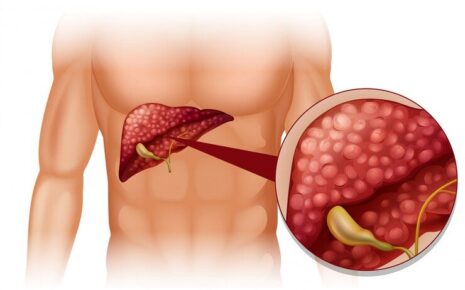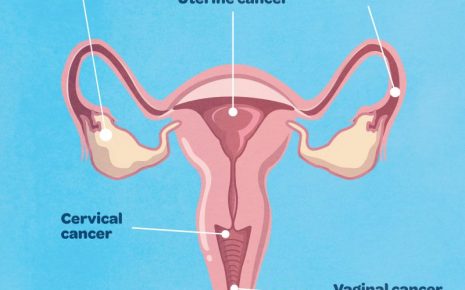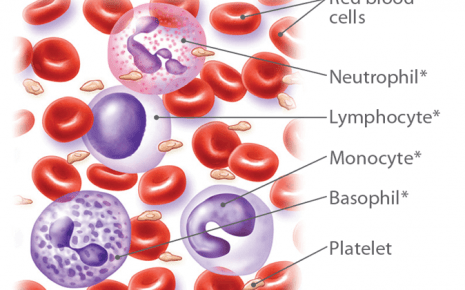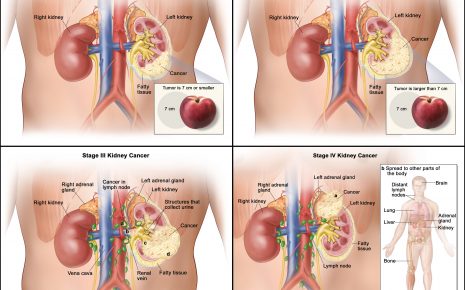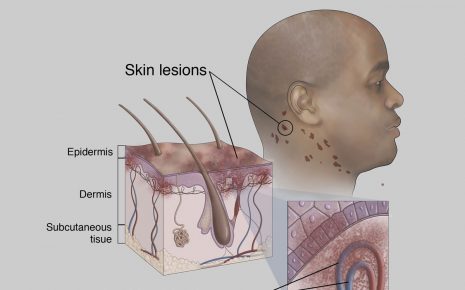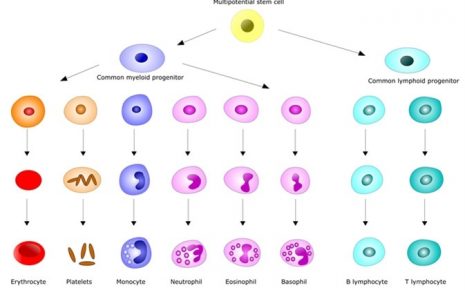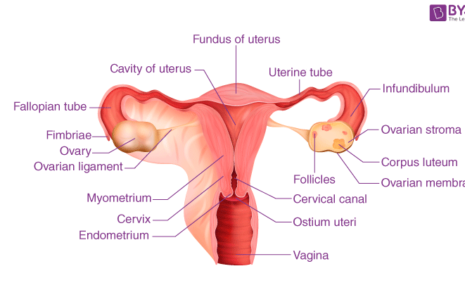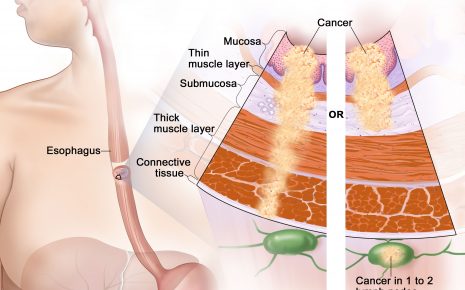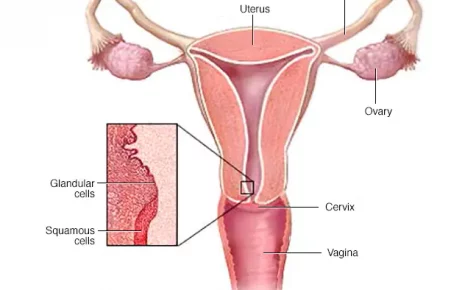What is Liver cancer ?
Liver cancer is cancer that beginning in the cells of your liver. Your liver is a football-sized part of the body that sits in the upper right portion of your abdomen, beneath your diaphragm and above your stomach. various types of cancer can form in the liver. The most common type of liver cancer is …

